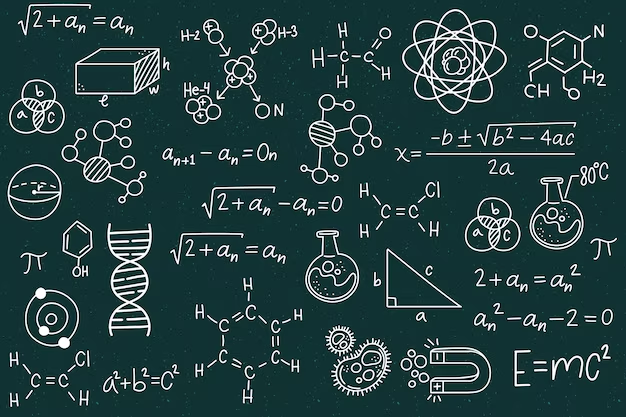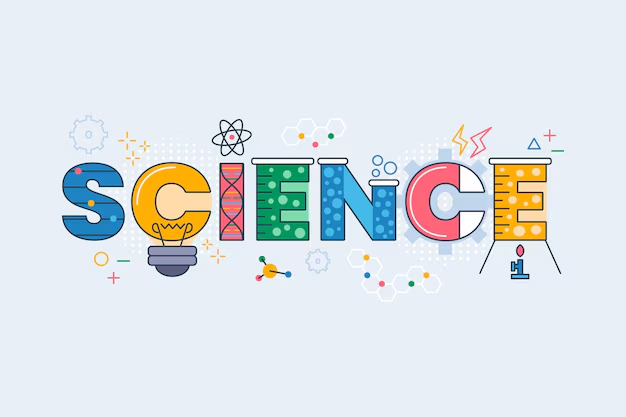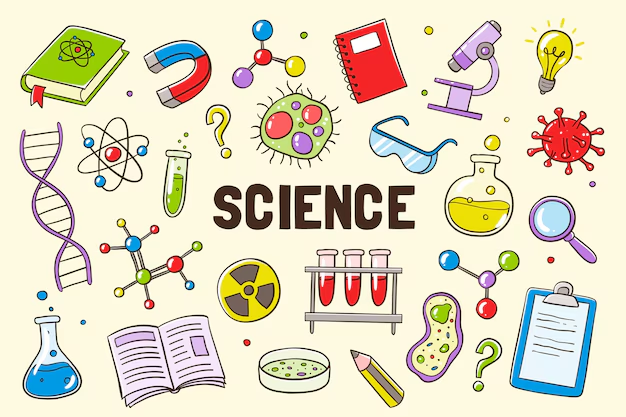Science is not just a subject; it’s a way of thinking, discovering, and exploring the world around us. From the tiniest cells in our body to the vast expanse of the universe, science helps us understand the fundamental principles that govern life and the universe. The best part? Science is for everyone, no matter your age or background. It’s a universal language of discovery, and in this article, we will explore how science can be appreciated and understood by people of all ages, sparking curiosity and inspiring lifelong learning.
The Beauty of Science Across Generations
Science has the remarkable ability to engage people from all walks of life and at all stages of their lives. Children, teenagers, adults, and seniors can find something fascinating within the world of scientific exploration.
- For Children: Science is often introduced at an early age through fun, interactive activities. Young children can experiment with simple concepts like gravity, the water cycle, and plant growth through hands-on activities such as building volcanoes or growing seeds. These activities foster curiosity and encourage them to ask questions like, “Why does the sky appear blue?” or “What makes a rainbow?”
- For Teenagers: As children grow into teenagers, they begin to dive deeper into more complex scientific principles. Chemistry, physics, biology, and environmental science become subjects of interest, often sparking ideas about future careers. Science fairs, robotics competitions, and STEM (Science, Technology, Engineering, Mathematics) programs empower teenagers to experiment, innovate, and take ownership of their learning.
- For Adults: Adults often appreciate science in the context of real-world applications. Whether it’s understanding climate change, exploring advancements in medicine, or embracing the impact of technology on daily life, science provides adults with the tools to critically evaluate the world around them. Adult learners can take courses, attend public lectures, or watch documentaries to stay informed and engaged with scientific developments.
- For Seniors: Seniors, too, can engage with science in meaningful ways. From astronomy and gardening to health-related sciences, seniors are often intrigued by the new discoveries related to aging, the universe, and the environment. Science can offer new ways to understand the world around them and improve their quality of life, whether through understanding nutrition or delving into the wonders of space exploration.
The Role of Curiosity in Lifelong Learning
One of the most crucial aspects of science is curiosity. It’s not just about memorizing facts; it’s about asking questions and seeking answers. At every stage of life, science encourages us to keep questioning and exploring. Scientific curiosity is universal—it transcends age, background, and formal education.
For young children, curiosity often manifests as questions about the natural world. “Why do leaves fall?” “What makes the sun shine?” These seemingly simple questions spark curiosity and lead to lifelong interest in science.
For older generations, curiosity can lead to exploring new hobbies, such as birdwatching, gardening, or understanding how the human brain works. Learning never stops, and the scientific process—of hypothesizing, experimenting, and drawing conclusions—provides a way for people of all ages to remain engaged and mentally active.
Accessible Science for All
One of the best things about science is that it’s everywhere, and today, it’s more accessible than ever. The internet, museums, libraries, and community science programs all provide resources that allow people to engage with science, no matter their age. For example, virtual tours of space stations or the ability to look at live footage of weather patterns happening around the world allows people of all ages to connect with science in real-time.
Additionally, many schools and universities are adopting more inclusive STEM programs. Public outreach initiatives, such as science festivals or community science projects, invite individuals of all ages to participate. Whether you’re conducting a citizen science project on local biodiversity or attending a science show, there are endless opportunities for people to interact with science and fuel their curiosity.
The Importance of Science Education
While science is fun and intriguing, its role in education is essential. Scientific literacy is not only about knowing scientific facts, but also about understanding how science works and how it shapes our daily lives. This helps individuals make informed decisions in areas such as health, technology, and the environment. It’s also a means of fostering critical thinking, problem-solving, and creativity.
Science education at every level—from elementary schools to universities—builds the foundation for future discoveries. Science-based careers are essential to solving some of the world’s most pressing problems, from climate change and public health issues to advances in technology.
FAQs
- Why is science important for all ages? Science promotes curiosity, critical thinking, and a deeper understanding of the world, which benefits individuals at any stage of life.
- How can I introduce science to my young child? Use hands-on activities like gardening, simple experiments (like baking soda and vinegar volcanoes), and nature walks to foster a sense of wonder and curiosity.
- Is it too late for an adult to start learning about science? No! Adults can engage with science through reading, online courses, documentaries, or even enrolling in local classes. It’s never too late to explore new fields.
- What are some beginner-friendly science topics for seniors? Topics like astronomy, gardening science, and understanding basic health and wellness are often engaging for seniors.
- Can science help in daily decision-making? Yes! Science helps people make informed decisions about health, technology, the environment, and even personal finances.
- How can schools make science fun for students? By integrating interactive experiments, field trips, and incorporating real-world applications of science into the curriculum.
- What are some resources for learning science at any age? Museums, libraries, online courses (like Coursera or edX), science festivals, and educational TV channels (like National Geographic or PBS) are great resources.
Conclusion
Science is a powerful tool for discovery, creativity, and understanding. It is a lifelong journey that anyone can embark on, regardless of age or background. From young children to seniors, science offers a way to explore the world, ask questions, and find answers. Whether through formal education or self-directed learning, science can be a source of endless fascination and inspiration for all ages.
Key Takeaways
- Science is accessible to people of all ages and backgrounds, fostering curiosity and critical thinking.
- Early exposure to science helps develop a sense of wonder, while lifelong learning keeps minds engaged and active.
- Modern technology, education programs, and community outreach make science more available than ever.
- Engaging with science can improve decision-making, enrich lives, and inspire future discoveries.




